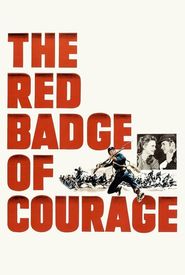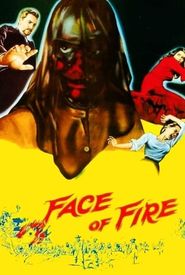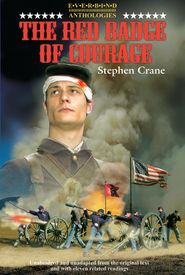Stephen Crane was the 14th child born to parents who were both writers, inheriting a rich literary heritage. Descended from a long line of soldiers and clergymen, Crane's family tree boasted a notable presence of individuals who had dedicated their lives to serving their country and their community. His father, Rev. Jonathan T. Crane, was a Methodist minister who instilled in his son a deep sense of compassion and a strong moral compass.
Crane's own writing career was marked by a brief but intense period of creativity, which began in 1891 when he left Syracuse University as a freshman. His literary output was remarkable, yielding novels such as "The Red Badge of Courage" (1895),"The Open Boat" (1898),and "The Blue Hotel" (1899),as well as two volumes of poetry. One of his most famous works, "Maggie: A Girl of the Streets", is often credited with starting the naturalistic tradition in American fiction, having been written in a mere two days in 1891.
Crane's life was marked by a restless energy and a desire to explore the world beyond his American homeland. He worked as a reporter in New York, and later as a foreign correspondent, covering wars and conflicts around the globe. During his time in England, he befriended some of the most prominent literary figures of his day, including Henry James, Joseph Conrad, H.G. Wells, and F.M. Ford, who all recognized Crane's raw literary talent.
Despite his early promise, Crane's life was tragically cut short when he died of tuberculosis at the age of 28, leaving behind a legacy that would endure long after his passing.



















